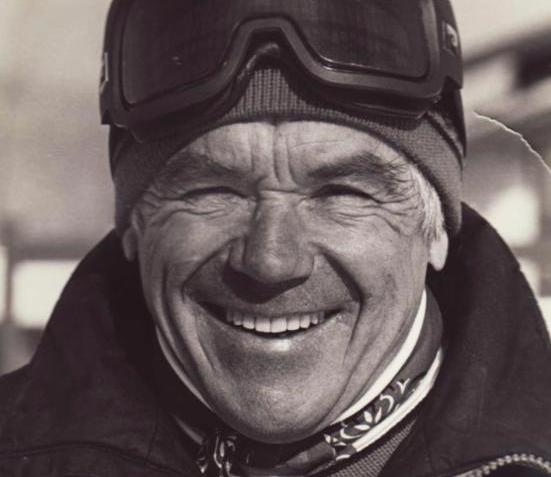For a senior who would step gracefully from graduation into a job in the Vermont Governor’s Office, Jason Maulucci admits that his college leadership got off to a slow start. He came to UVM having worked on a few local campaigns in his hometown of Bolton, Conn., but didn’t immediately get involved in politics at UVM, keeping a low, quiet profile in his political science classes.
That changed dramatically when Maulucci re-started UVM’s College Republicans Club and earned a spot as a Student Government Association senator as a sophomore, setting him on a path to consecutive terms as SGA president.
“I learned more in my role as SGA president and being involved with campus committees that steer decision-making at the university than I could have ever imagined,” says Maulucci, who turned down an internship at the United Nations to accept a post with Gov. Phil Scott.
Maulucci, a moderate Republican who is liberal on social issues, caught the eye of then-Lt. Gov. Scott after he saw the student speak at a Vermont Republican Party event. Scott asked him that night if he’d work on his gubernatorial campaign. “It wasn’t long before I was traveling with the governor, doing field work, social media, phone banking, fundraising, staffing, setting up events and whatever else was needed,” says Maulucci, who brought about a dozen student volunteers with him to work on the campaign.
Maulucci was eventually fully immersed in the political world as SGA president, chair of the Vermont College Republicans, and working for Scott. His schedule involved waking up at 5:30 a.m. to head into the SGA office; driving to Montpelier to work in the governor’s office from 9 a.m. to 5:30 p.m.; driving back to the SGA to meet with people until 9 p.m.; and finally sneaking in a few hours of studying before going to bed. Not to mention finishing off the two courses he needed for his bachelor’s degree.
After Scott was elected governor, Maulucci joined his transition team, which eventually led to his full-time staff position working for Rachel Feldman, Senior Director of Boards, Commissions and Public Service. “There aren’t many places like Vermont where students can get involved in government on this level, so I feel really fortunate,” says Maulucci. His job duties include vetting candidates to recommend to the governor for various state boards, including the UVM Board of Trustees; constituent services; overseeing interns; special projects; and writing briefs and remarks for the governor.
“I’m kind of utility guy,” says Maulucci, who would like to eventually attend law school. “Whatever they need me to do, I do it. There’s a lot going on at all times, but I think that’s the nature of working in any governor’s office. Fortunately, I work for a governor who treats people with incredible respect regardless of their political views. If everyone conducted themselves like Governor Scott, especially in Congress, the world would be a much better place.”
Not long after Maulucci started his new job, he started receiving emails from an unexpected group: prospective UVM students. The essence of their inquiry: “Is UVM too liberal for a center-right individual like me?”
“A lot of students have contacted me basically saying, ‘UVM is my top choice and I love Burlington, but I’m wondering if I’ll fit in because I’m a Republican,’” says Maulucci. “I tell them, ‘absolutely you will.’ Most of my friends don’t share my political beliefs, but they are still my best friends who I would do anything for and they would do anything for me. UVM is a very accepting place.”
Source: UVM News





